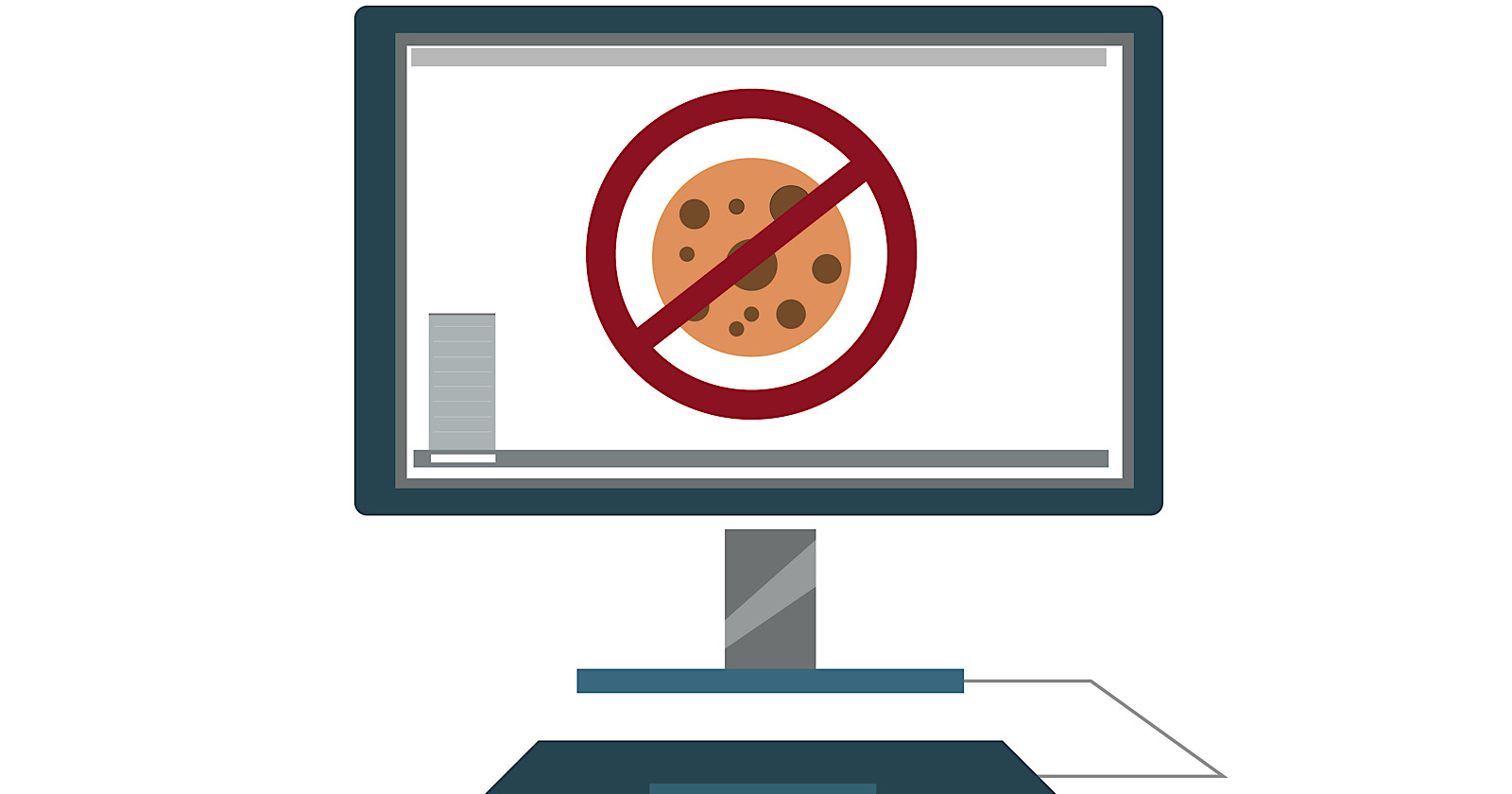As internet browsers phase out third-party cookies, online advertisers seek new ways to target ads to customers without relying on current tracking methods.
Transitioning To “Era Of Prediction”
Google laid out its vision for a cookie-less future during a recent question-and-answer video from Radhika Mani, Google Display Ads’ Senior Product Manager.
The video comes as Google plans to phase out third-party cookies in Chrome. Cookies have enabled advertisers to track users across websites to serve targeted ads but raise privacy concerns.
According to Google’s research, 89% of internet users would trust brands more if they invest in privacy-safe technologies.
“In a future without third-party cookies, marketers will need to adopt more durable audience strategies,” said Mani.
She pointed to enhanced use of first-party data and integration with new privacy-preserving tools like the Privacy Sandbox‘s Protected Audience API.
The API introduces techniques like minimum thresholds for ad targeting and shorter duration for user data storage to limit constant tracking. Google says its ad platforms will integrate the API to maintain audience targeting while meeting strengthened privacy standards.
New First-Party Data Options
According to Mani, advertisers will still build audience lists like today. However, enhanced AI is expected to help fill gaps left by less expansive tracking—solutions like Smart Bidding and Optimized Targeting aim to boost ad relevance using internal algorithms.
Mani cited that optimized targeting increased conversions by 50% for some Google Display customers. Upgrading campaigns to Performance
Google is also expanding first-party data capabilities like Customer Match to allow personalized ad targeting based on advertisers’ customer data.
New options like PAIR allow this first-party data to be used on external publishing sites.
Google encourages advertisers to adopt these AI tools and first-party data capabilities to prepare for the cookie phase-out.
More Context On Privacy Concerns
The move from third-party cookies comes amid growing consumer calls for stronger data privacy protections.
Tech companies have faced increased scrutiny over handling user data, with practices like highly targeted behavioral advertising raising ethical questions.
Phasing out third-party cookies aims to curb the constant tracking of individuals across the internet.
Advertisers have mixed opinions regarding the end of third-party cookie targeting.
On one hand, it could impact digital ad revenues. On the other hand, alternative targeting and measurement approaches may fill the void.
In Summary
Though targeting precision may decrease after phasing out third-party cookies, advancements in first-party data use and AI optimization offer alternatives.
For online marketers, investing now in automated and consent-based solutions is key to navigating the evolving advertising landscape.
Featured Image: Crystal Eye Studio/Shutterstock
